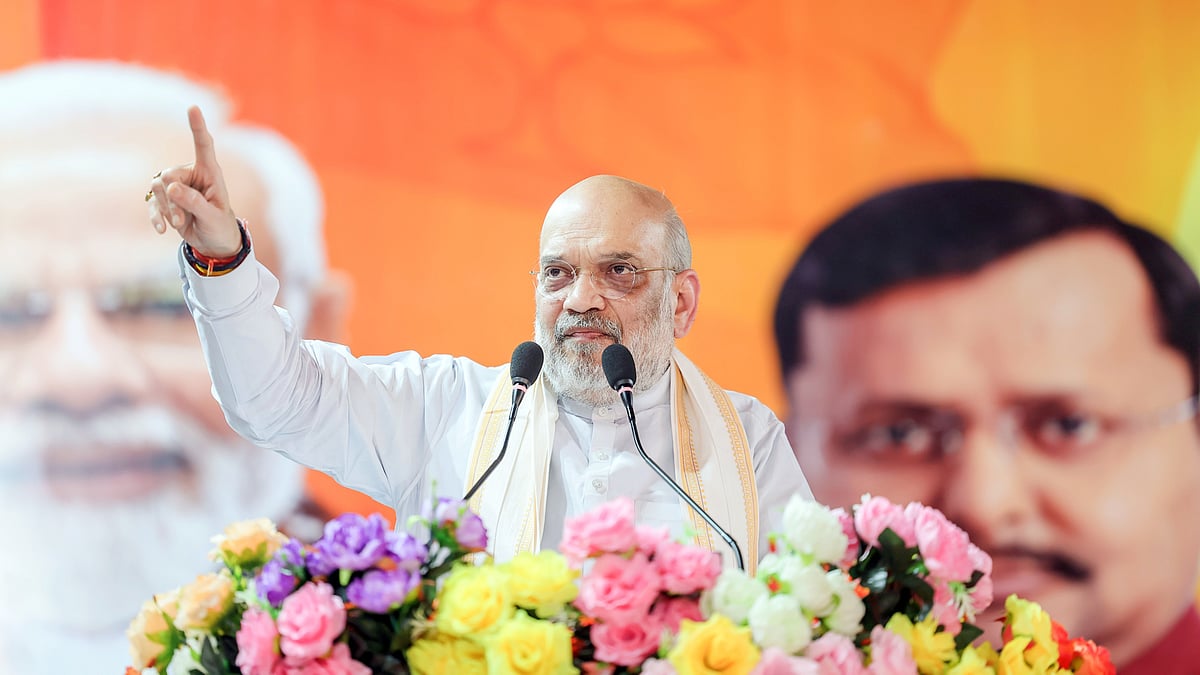The Code on Wages Bill, 2019 which was passed Parliament last year likely to come into effect from April 1 next year, substantially affecting companies struggling due to COVID-19 pandemic.
The new act aims to amend and consolidate the laws relating to wages, bonus and matters connected therewith. The Code on Wages Bill, 2019 subsumes four labour laws -- Minimum Wages Act, Payment of Wages Act, Payment of Bonus Act and Equal Remuneration Act.
Three labour codes on industrial relations, social security and occupational safety were passed by Parliament this year which would also have considerable impact on the labour force. With these three bills, 29 central labour laws have been codified into four broad codes under labour reforms to improve ease of doing business and providing universal social security to workers as well.
Union Labour and Employment Secretary Apurva Chandra said in October this year that the government has begun the process of framing the rules under the new labour codes as it intends to implement them from April 1, 2021.
Here is how it will impact salaried employees:
Labour Minister Santosh Kumar Gangwar had asserted in Parliament last year that the new law will benefit about 50 crore workers in the country.
Gangwar said that as per the bill, the tripartite committee comprising representatives of trade unions, employers and state government would fix a floor wage for workers throughout the country. "Minimum wage will become right of every worker."
According to an Economic Times report, provident fund (PF) and gratuity components and take-home pay of employees will be impacted. The new definition of wages caps allowances at 50% of total compensation.
As per the new code, the basic pay will have to be 50% or more of total pay. This will change the salary structure of most employees as the non-allowance part is usually lower than 50%. As we move up in the salary bracket, the share of allowances in total compensation goes even higher.
As provident fund (PF) are based on basic salry, it will go up, which means that the take-home pay will come down.
But the post-retirement pay-out will go higher due to higher contribution towards PF and gratuity.
Higher-paid executives will be most impacted by the changes.
Companies will also see their cost rise as the contribution towards PF and gratuity increases.
Other changes
Over 29 labour laws have been merged into four codes and one Code on Wages Bill, 2019.
The Occupational Safety, Health and Working Conditions Code, 2020, consolidates and amends the laws regulating the occupational safety, health and working conditions of persons employed in an establishment and related matters.
The Industrial Relations Code, 2020, consolidates and amends laws relating to trade unions, conditions of employment in industrial establishments or undertaking, investigation and settlement of industrial disputes.
The Code on Social Security, 2020, amends and consolidates laws relating to social security with the goal to extend social security to all employees and workers either in the organised sector or the unorganised sector.
The new codes give powers to state governments to make rules. While the central government will frame around 57 rules for the Industrial Relations Code, 2020, states will have to come up with around 40 rules, a Business Standard report said.






